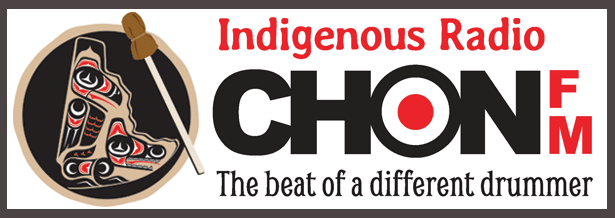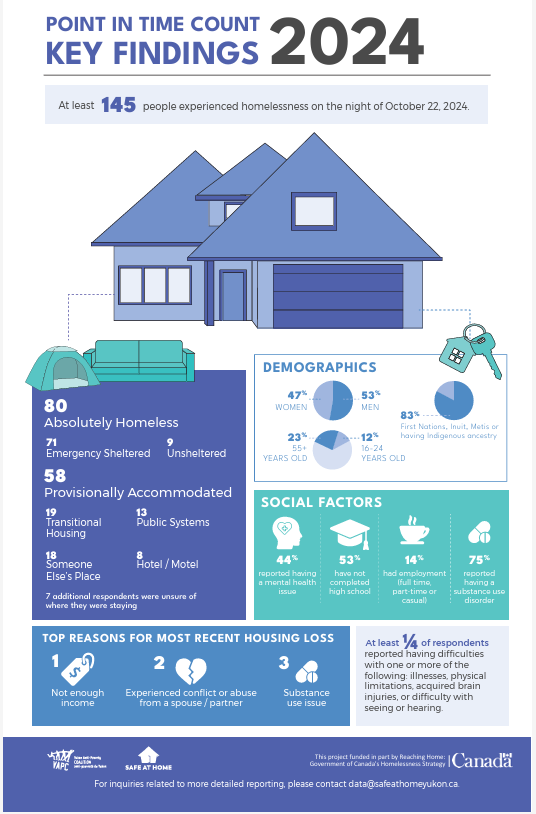
Yukon's Information and Privacy Commissioner (IPC) has developed an advisory to help individuals avoid falling victim to scams that attempt to capitalize on fears and concerns related to the COVID-19 pandemic.
During the COVID-19 pandemic, many people are understandably focused on concerns about health or the economy. However, the pandemic has also led to new and perhaps unexpected vulnerabilities which can put our personal information and our finances at risk.
Cybercriminals have launched various campaigns to collect personal and financial information from Yukoners and others in order to commit identity theft and/or theft of your money. Social media, email, text messages and robo-calls are being used to impersonate various government agencies, such as Revenue Canada, businesses, such as banks, or non-government organizations, such as the World Health Organization or the Red Cross.
The content of the messages varies. For example, they may:
- tell you that you have been in contact with someone infected with COVID-19;
- ask you to collect your Canada Emergency Response Benefit (CERB) cheque;
- ask you to verify your bank account, credit card information, and/or mobile phone account;
- ask for donations to non-profit organizations in order to support the fight against the
- pandemic;
- offer face masks or other personal protective equipment (PPE) for a cheap price;
- offer treatments or false/sensational information regarding COVID19.
There are and will continue be a variety of these and other messages using COVID-19 concerns to coax you into providing your personal information. Whether you are led to a website or questioned over the phone you will usually be asked you for personal information such as your name, phone number, banking information, social insurance number, etc.
Giving out this kind of personal information will likely result in your identity being stolen and/or fraudulent purchases made on your behalf. As well, messages may contain attachments or links to websites containing malware, which will infect your computer or other devices.
Screenshots, photos, videos, links to unverified resources, or claims of expertise regarding COVID-19 can easily be forged by cybercriminals. Legitimate organizations do not ask for this kind of personal information over the phone or to be sent via email. Unless the authenticity and credibility of the source of the request can be undoubtedly verified, disregard and delete the request and do not share the requests with anyone else.



 Kwanlin Dün First Nation celebrates 20th Anniversary of Final Agreement
Kwanlin Dün First Nation celebrates 20th Anniversary of Final Agreement
 Yukon RCMP Traffic Services are investigating a collision between a police vehicle and a cyclist
Yukon RCMP Traffic Services are investigating a collision between a police vehicle and a cyclist
 Former teacher calls out education minister for inaction
Former teacher calls out education minister for inaction
 Yukon RCMP issue arrest warrant
Yukon RCMP issue arrest warrant
 Yukon Native Hockey Tournament kicks off its 45th anniversary with more teams than ever before
Yukon Native Hockey Tournament kicks off its 45th anniversary with more teams than ever before
 Whitehorse RCMP search for missing man
Whitehorse RCMP search for missing man
 B.C. man, two Watson Lake residents arrested on warrants in Whitehorse
B.C. man, two Watson Lake residents arrested on warrants in Whitehorse
 Ross River RCMP arrest two men in separate, unrelated investigations involving stolen rifles
Ross River RCMP arrest two men in separate, unrelated investigations involving stolen rifles
 Medical Staff Association president raise "significant concerns" surrounding acute care at Whitehorse General
Medical Staff Association president raise "significant concerns" surrounding acute care at Whitehorse General
 Whitehorse count indicates 83 per cent of homeless in 2024 were Indigenous
Whitehorse count indicates 83 per cent of homeless in 2024 were Indigenous
 Whitehorse RCMP seek public's help in locating missing 73-year-old man
Whitehorse RCMP seek public's help in locating missing 73-year-old man
 CYFN opens new wellness centre in Whistle Bend
CYFN opens new wellness centre in Whistle Bend
 'Old Crow a Philosophy' makes global premiere at YAC
'Old Crow a Philosophy' makes global premiere at YAC
 Yukon First Nations Culture and Tourism Association cancels events for 2025, including Adäka Festival
Yukon First Nations Culture and Tourism Association cancels events for 2025, including Adäka Festival
 Whitehorse residents and Yukon NDP speak out against a proposed transit fare hike
Whitehorse residents and Yukon NDP speak out against a proposed transit fare hike
 Diane Strand wins Haines Junction mayoral byelection
Diane Strand wins Haines Junction mayoral byelection
 Copper Haul Road closure announced for bridge repairs
Copper Haul Road closure announced for bridge repairs
 Yukon Government and Canadian Government partner to boost local businesses
Yukon Government and Canadian Government partner to boost local businesses